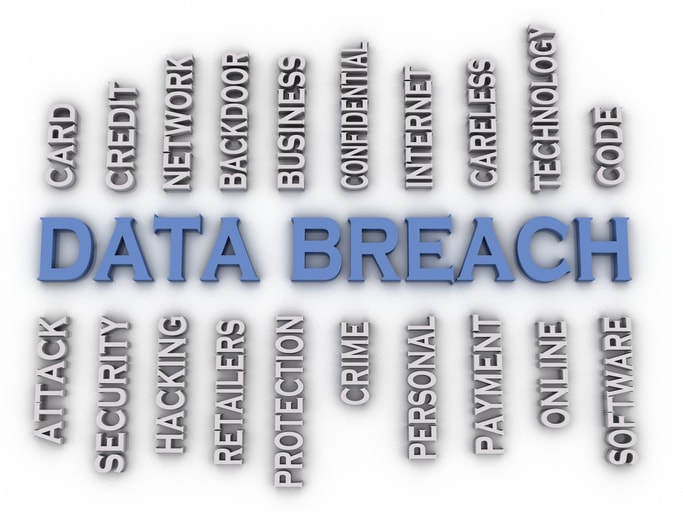By Vic Lance
The Equifax data breach, revealed by the company at the beginning of September, compromised the personal data of about 145 million people, most of which American citizens. Yet, in the wake of the breach, only about 10% of potential victims had visited Equifax’s website to receive advice and take action to secure their data and accounts.
A host of regulatory bodies in the U.S., such as the Federal Trade Commission (FTC), the Securities and Exchange Commission (SEC), and the Consumer Financial Protection Bureau (CFPB) are now investigating the situation, and the company is also facing over 240 class-action lawsuits. Overseas, in the UK, the Financial Conduct Authority (FCA) has also launched an investigation, and the breach is also being scrutinized by government agencies in Canada.
Given the regularity of data breaches over the last few years, it seems that consumers may well be becoming indifferent towards such news. Some have even said we may be entering a “post-authentication era” in which personal details such as those compromised in the Equifax data breach become less and less credible sources of information regarding someone’s identity.
Though such a time may well be approaching, for now one’s credit is an important source of information that may well determine whether you can, say, get a mortgage in the future. And since it is those with higher annual incomes that are more likely to be the victims of identity theft, business owners are naturally among the first to be targeted.
Businesses whose owners’ data has been stolen and misused may also find themselves having to eventually sort out a good deal of bureaucratic clutter if they are unaware of such a breach. Plus, having issues with your credit report due to identity theft and misuse of your can result in higher rates on surety bonds – financial guarantee agreements that businesses often need to obtain in order to get a license.
With that said, though your options are limited, you certainly should not stay indifferent to this whole story. Taking a few practical steps can help you greatly reduce the possibility of having your accounts or identity misused for someone else’s purposes. Here’s what you can and should do:
Check your credit report
Visit AnnualCreditReport.com to request a free yearly copy of your credit report. Review your report and if you notice any suspicious activity that you don’t recognize, visit the Federal Trade Commission’s Identity Theft website to report such activity and get a recovery plan.
Freeze your credit
Even though Equifax has suggested that consumers lock their credit, instead of freeze it, most experts out there, including the FTC itself suggest that you freeze your credit. A credit freeze will make your account unavailable to creditors. A frozen credit can be thawed with a PIN which you receive once you freeze it.
Frozen credit forces creditors to have to verify your identity by contacting you when opening your account which helps ward off any attempts at identity theft.
It is important to freeze your credit at all three major credit bureaus (Equifax, Experian and TransUnion) for this to be effective. Otherwise you will leave doors open for those who want to impersonate you. Keep in mind that freezing your own credit does not protect your spouse or family, so if you want to be fully safe, freeze every Social Security Number in your household.
Sign up for credit monitoring and/or fraud alert
Freezing your credit does not protect you from misuse of your current accounts – only from new accounts being opened in your name. Credit monitoring and fraud alert are two different measures but they are both useful. Credit monitoring will notify you of any new credit activity that occurs on your accounts.
Equifax is currently offering a free monitoring service which you can subscribe for. If you decide against using their service, make sure to monitor your accounts regularly to spot any suspicious activity.
You can also place a fraud alert on your files. Fraud alerts can only be placed on files which are not frozen. This type of alert protects your files from unauthorized access for a period of time – typically 90 days. An extended fraud alert will do the same but for 7 years.
When you have a fraud alert in place, creditors are notified you may be subject to identity theft crime and exercise greater scrutiny when receiving requests associated with your files.
File your returns early
Refund fraud is a very real possibility if you are the victim of identity theft. Filing your taxes early can prevent thieves from filing tax returns in your name to get your refund.
Enforce stricter identification for your online accounts
Using a variety of identification measures for access to your current accounts (which are more likely to be targeted) can help a lot. If you haven’t, now is the time to go for two-step verification and more complex passwords.
If you use identification questions as part of that process, chose those questions that don’t include personal which is easily accessible by the public.
Do you have any suggestions for further ways people can protect themselves against the Equifax data breach? Leave us a comment below!
Vic Lance is the founder and president of Lance Surety Bond Associates. He is a surety bond expert who helps business owners get licensed and bonded. Vic graduated from Villanova University with a degree in Business Administration and holds a Masters in Business Administration (MBA) from the University of Michigan’s Ross School of Business. Follow him on Twitter: @Lance_Surety







